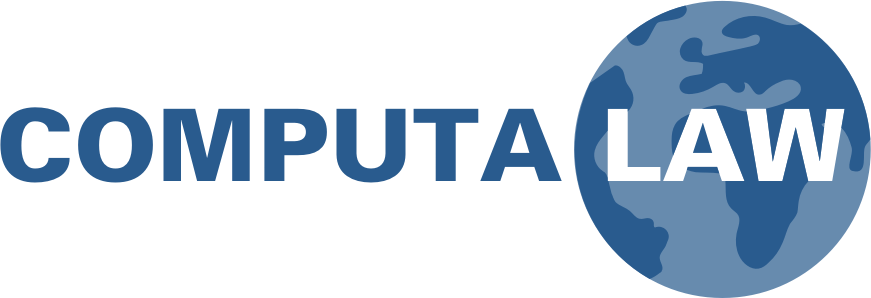Description
With the ever increasing technological advances available to businesses, institutions and governments alike, which require very specific expertise in varying technical disciplines, not only for the initial selection and installation1 of this technology, but also for the proper, efficient and effective use, management and support of these systems, multi-disciplinary skills are required. Few businesses have the full range of such multi-disciplinary skills in-house, nor, from the economics viewpoint, would some businesses wish to. Therefore, the benefits of entering into a Facilities Management Agreement to contract an independent third-party (the Manager) with the skills to perform all necessary tasks to ensure the proper, efficient and effective use, management and support of the new technologies by the business, including disaster recovery, presents itself as one of the better solutions.
By their very nature, such Agreements assign to the Manager wide-ranging obligations which must be monitored by the business. Therefore, performance standards and service levels need to be agreed and frequently reviewed throughout the contract term. If necessary, in the event of disagreement, provision should be made for an independent third-party (usually paid by the Manager) to be appointed to advise on such disagreements (see Clause 3).
In order to perform its obligations, the Manager must be granted the right to use the business’s own, and third-party software (see Clause 5(a)). If the Agreement is drafted for the Manager’s benefit, such a grant will be wide in scope, perpetual if possible, and include the Manager’s right to use such software for other customers of the Manager (see Clause 5(a)(ii)). Obviously, from the business’s perspective, this type of grant is not beneficial and should not be included. Additionally, for the business’s benefit, any modifications made by the Manager to the business’s software, should belong to the business (see Clause 5(b)).
In addition to Software, the Manager must also be permitted to use the business’s equipment. Just as for software, the Manager would prefer wide permission so that this equipment can also be used for other customers of the Manager (see Clause 5(d)). Equally, as such wide permission to use the business’s software for third parties was not in the interest of the business, neither is it beneficial to permit such use of its equipment.
The Manager will also require office accommodation and related facilities at the business’s location in order to perform the services specified in the Agreement. The extent of this will be subject to negotiation between the parties. The Manager may also, with the business’s permission, perform certain services at its own location (see Clause 5(f)).
Finally, of the business’s resources required to be assigned to the Manager in performance of the Services, is the benefit of the business’s existing third-party service contracts, which require to be administered and managed by the Manager (see Clause 5(g)).
In order to provide the diversity of management which may be required to perform the services under an Agreement such as this Contract, the Manager may appoint different types of managers. The examples of such in this Contract are “Relationship Managers” and “Operational Managers” (see Clause 6).
Of paramount importance in any contract in which a third-party is to perform continuous services critical to a business, is the question of security and confidentiality. The business must determine what (if any) confidential information is to be disclosed to a Manager. Usually security-related functions (e.g. IDs and passwords) or crypto codes will not be disclosed (see Clause 7). Where any such information is disclosed, the Manager must be under the strictest provisions of non-disclosure.
An essential element in safeguarding the continuous availability of all systems essential to a business, is disaster recovery. Where this is part of the Manager’s responsibility, the business must nevertheless review the details, and ensure regular tests are carried out to produce results for continual assessment by the business (see Clause 7(f)).2
[1] See also Contract 34, System Turnkey Agreement. [2] See also Disaster Recovery in Contract 56, Schedule 4.



